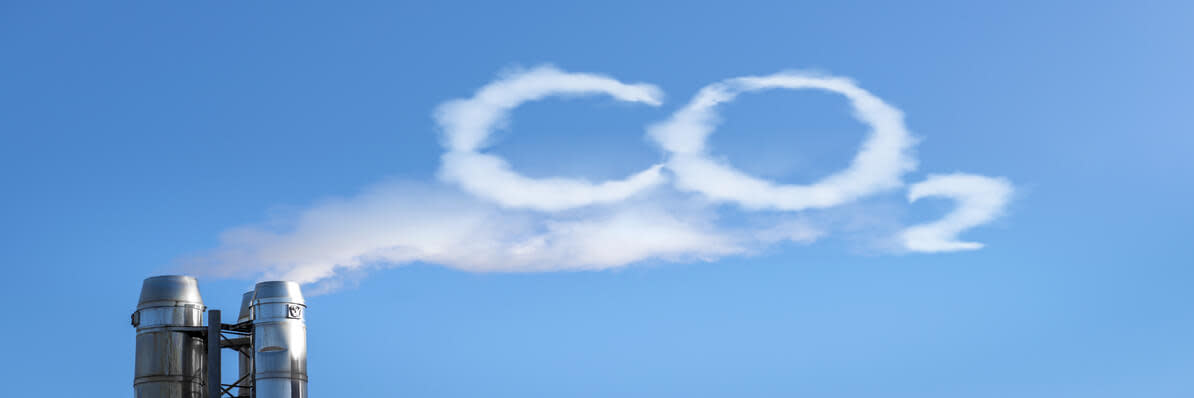Cleaning up the UK’s air pollution
As air pollution is the fourth greatest health threat to the public after cancer, heart disease and obesity, cleaning up air pollution is an important initiative to keep us all healthy. Road transport is currently the highest source of NOx in the UK, as well as the fourth largest contributor to levels of primary particle matter (PM 2.5s) - small soot particles that easily get into the bloodstream. It’s clear that the clean air initiative has some weight behind it, for all our health’s sakes.
The Government has various incentives to tackle air pollution. The most far-reaching is by creating Clean Air Zones (CAZs). So far, five cities will be bring about the initiative: Birmingham, Derby, Leeds, Southampton and Nottingham. There will also be a second phase of cities in 2020, including Sheffield, Newcastle, Bath, Bristol, Coventry, Middlesbrough and Greater Manchester, among others.
CAZs are not required to charge, but some hope implement charges will encourage drivers and vehicle-owners to respond to the new emissions limits. There is growing concern that the worst affected will be SMEs and small businesses; the operators least equipped to face cost increases.
In an effort to work with the Government to clean up air pollution, the British Vehicle Rental and Leasing Association (BVRLA) responded to the Department for Environment, Food and Rural Affair’s (DEFRA) latest draft strategy for air quality. Publishing their response on 8th August, 2018, they highlight the need for a holistic approach to tackling air pollution. They explain that the creation of a supportive tax and infrastructure environment would encourage the uptake of greener vehicles, as well as draws attention to the current lack of supply for certain low-emission vehicles.
If these actions were taken, the BVRLA argue that it could help boost the adoption of greener, electric and hybrid vehicles, improving air quality in heavily-polluted hotspots. They also urged for a pragmatic, solutions-focussed approach to implementing Clean Air Zones (CAZs). This would ensure air quality benefits are met without negatively affecting businesses and local economies.
DEFRA will publish their final version of the UK Clear Air Strategy, as well as their detailed National Air Pollution Control Programme, by March 2019. However, you can read BVRLA’s response to the draft.
In an effort to support the changing needs of the fuel industry, we will continue to offer reductions on your fuel pricing. We are also working towards covering the many alternative fuels so that you are never out of pocket.
